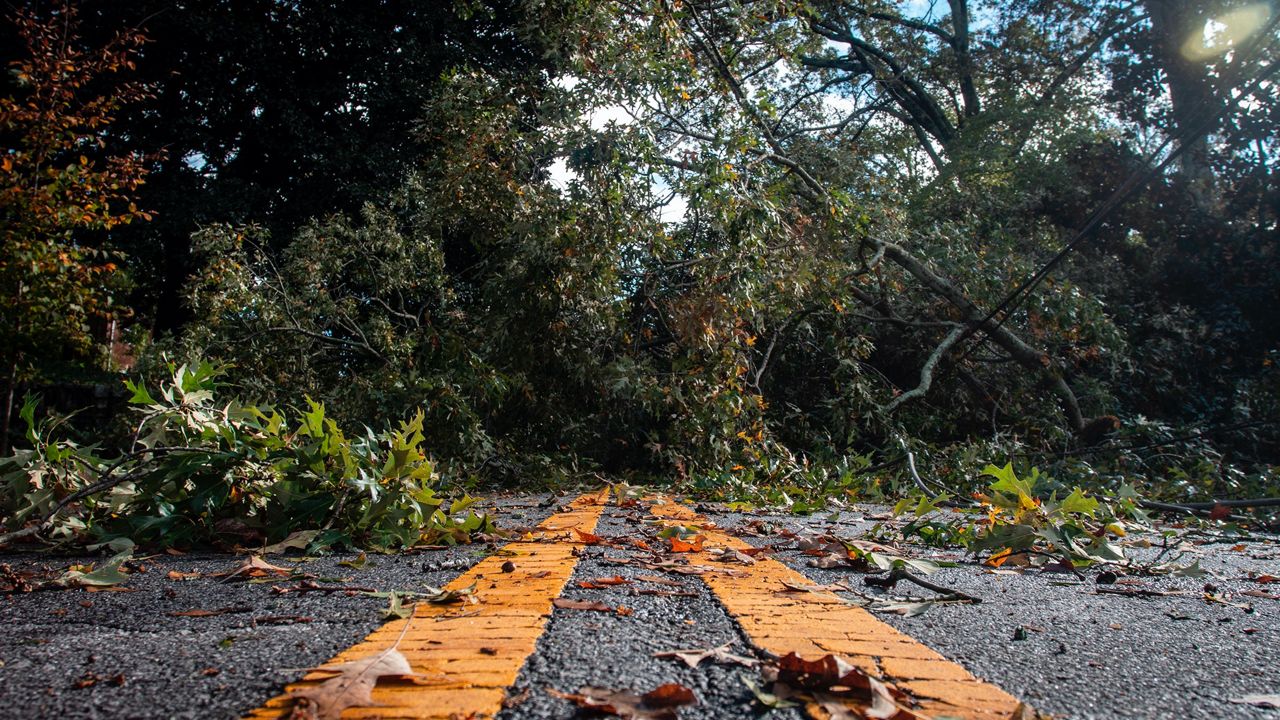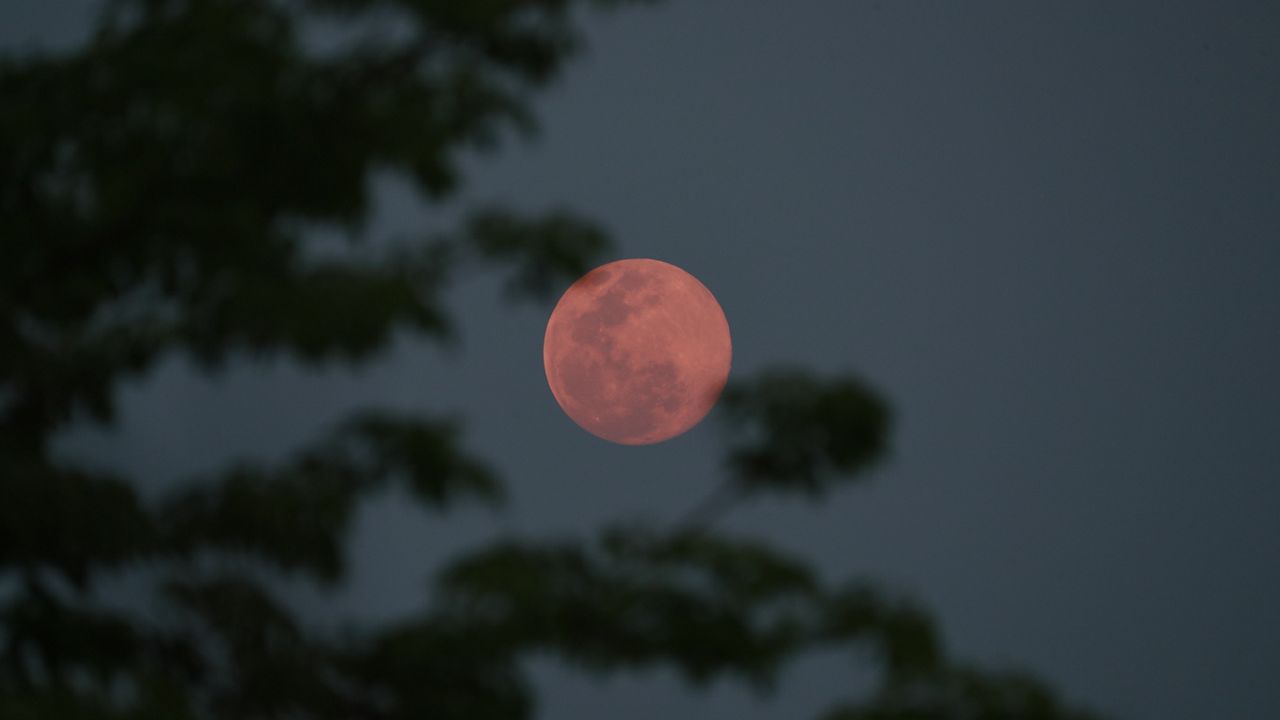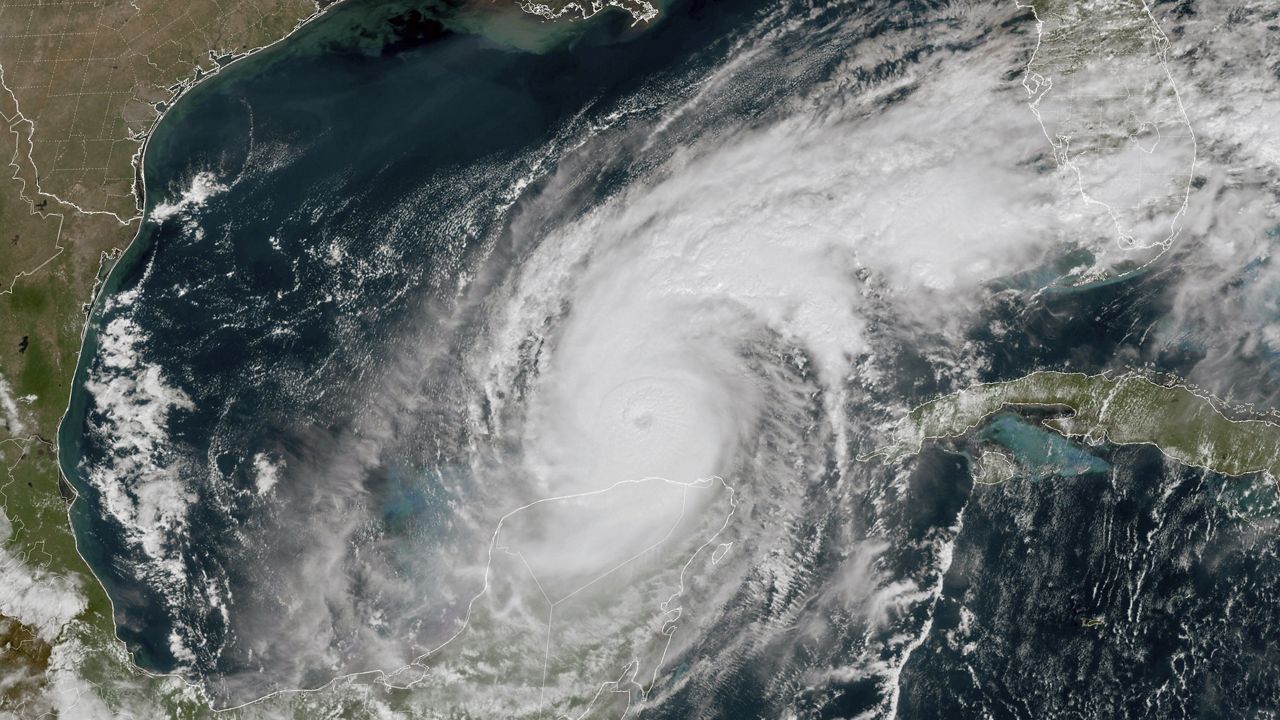After strengthening into a high-end Category 2 storm on Wednesday, Zeta made landfall along the Gulf Coast on Wednesday afternoon. It quickly raced across the eastern U.S., bringing strong winds and heavy rain to a good portion of the country.
More than two million customers were left without power across the Southeast on Thursday, including around half a million in both Louisiana and Georgia. Those numbers continue to decrease.
Officials confirmed one fatality in New Orleans from the storm after a 55-year-old man was electrocuted by downed power lines.
As Zeta moved inland throughout Thursday, the Associated Press reported six fatalities from Zeta.
Gusts exceeded 100 mph in parts of Louisiana as the storm came ashore near Cocodrie, Louisiana around 5 p.m. CT Wednesday. Zeta became the record-tying sixth hurricane to make landfall on the U.S. so far this season and was the strongest hurricane to make landfall so late in the hurricane season since 1899.
.jpg)
On Wednesday evening, New Orleans took the brunt of the hurricane, with Zeta's eyewall directly striking the city. Strong winds and damaging storm surge hit other portions of the central Gulf Coast, as well.
While the eye of the storm made landfall in southeastern Louisiana, Zeta's effects spread well beyond that area. Heavy rain and damaging wind hit Mississippi, Alabama, Georgia, and the Carolinas.
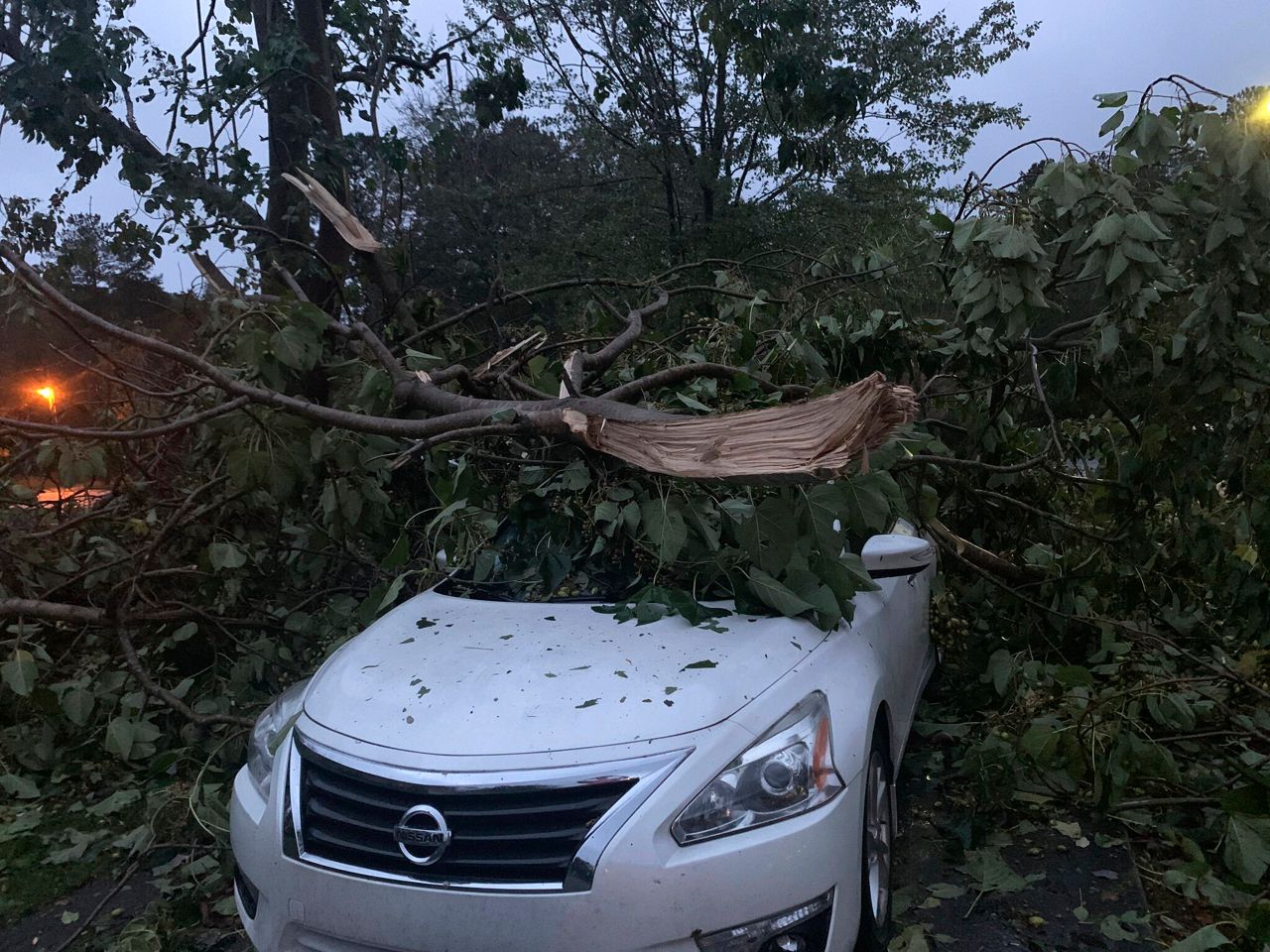
Zeta raced northeast at nearly 50 mph, which is quite fast for a tropical system in this region. It moved off the East Coast overnight, but not before bringing wind damage to much of the area.
The system initially formed as a tropical depression on Saturday near Cuba. Zeta made its landfall about 75 miles southwest of Cancún early Tuesday morning.
Cozumel reported hurricane-force wind gusts. This is the 27th named storm and 11th hurricane of the 2020 Atlantic hurricane season.
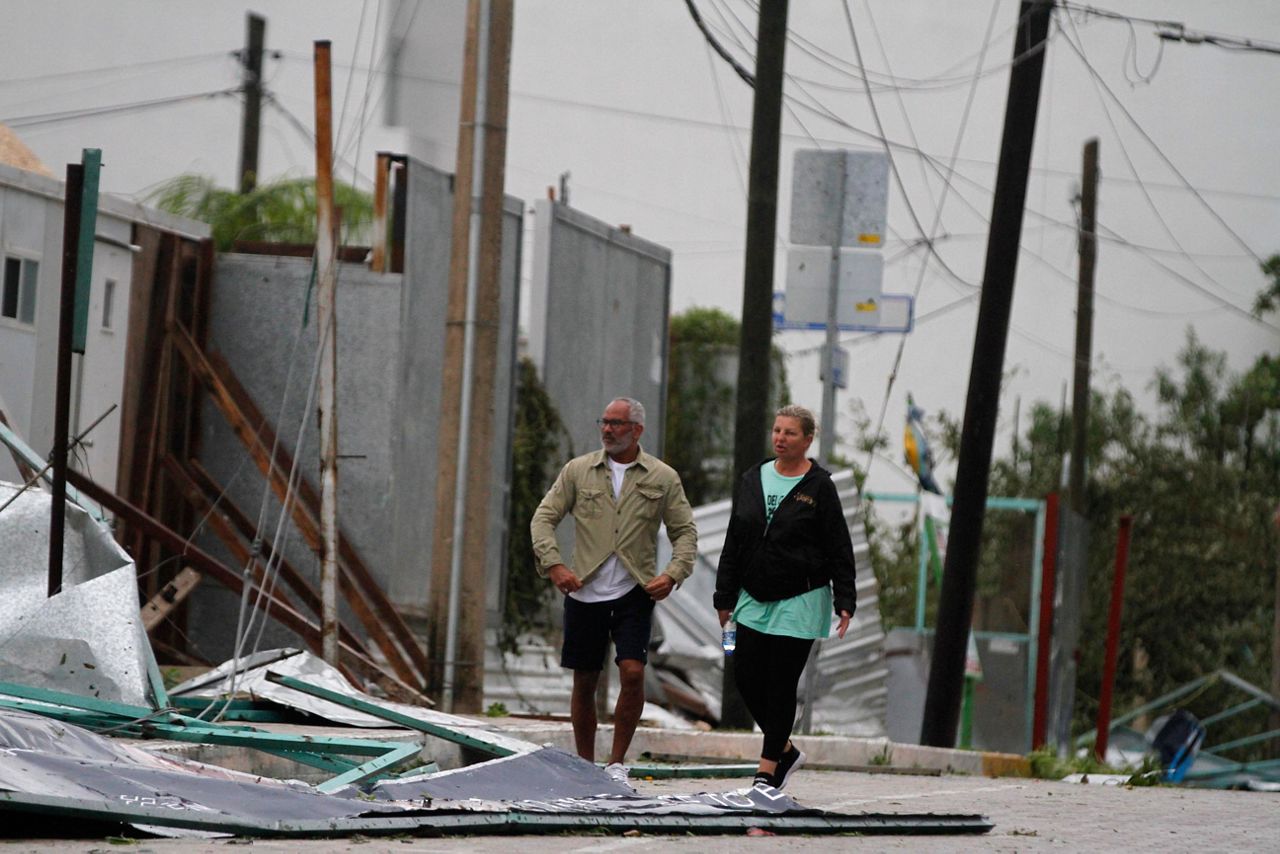
Stepping back out, Zeta's landfall adds to a lengthy list of records. It became the 11th tropical system to make landfall on the U.S. so far this season, a new single-season record. It's also the sixth hurricane to make landfall to landfall on the U.S. this seaon, tying yet another record.
For Louisiana, Wednesday's landfall marked the fifth storm to make landfall on the state (and the third hurricane) so far this season, also a new record.
Zeta was the strongest storm to make landfall this late in the season since 1899.
This marks only the second time on record that we've seen a Zeta form. As the 27th-named storm of the Atlantic season, it's also one storm short of the record for the most named storms in a single Atlantic season: The record currently belongs to the 2005 season with 28 named storms.
That's far from all, though. You name the record, and there's a decent chance that the 2020 Atlantic tropical season's broken it.
From the earliest named storms on record to a record-breaking 11 U.S. landfalls already this season, 2020 is producing a laundry list of records - and we've still got about six weeks to go in the official season.
The National Hurricane Center named three storms on the same day, September 18, leading to another record for this hurricane season. This pushed us into the Greek alphabet.
We've now crossed Alpha, Beta, Gamma, Delta, and Epsilon off the list, all the earliest times on record for those names in the Greek alphabet.
It's only the second time we've dipped into the Greek alphabet to name storms. That last time was in 2005 where we made it to Zeta, the sixth name on the list.





